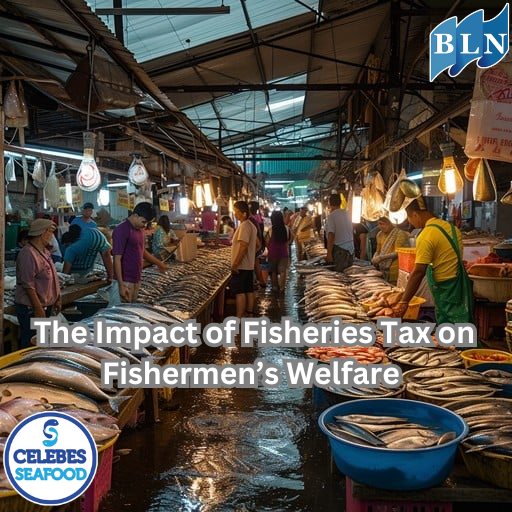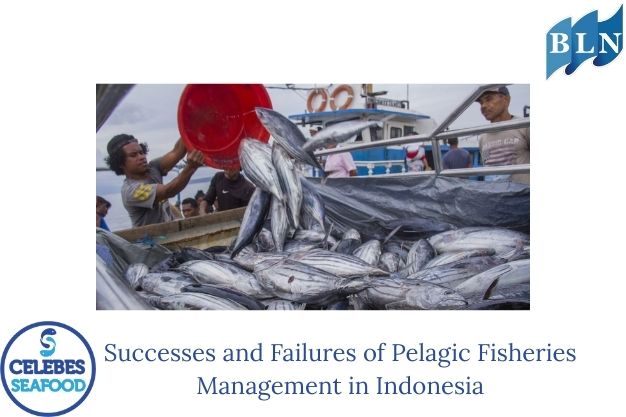The Impact of Fisheries Tax on Fishermen’s Welfare
By. Tri - 28 Aug 2025
lautnusantara.com_ Indonesia is known as a maritime country with abundant marine resources. The fisheries sector plays a crucial role in supporting the economy and serves as the main source of livelihood for millions of coastal communities. To regulate the utilization of marine resources while also contributing to state revenue, the government imposes a fisheries tax. However, this policy has sparked both support and criticism, particularly regarding its effect on fishermen’s welfare.
A fisheries tax is a levy imposed on fishing and aquaculture activities. It may take the form of regional fees, fishing licenses, or levies on fisheries products. In general, the objectives of this tax are:
- To increase state revenue for development purposes.
- To monitor and control fishing activities.
- To promote the sustainable management of fish resources.
Positive Impacts of Fisheries Tax
- Boosting State Revenue
Collected taxes can be allocated to improve coastal infrastructure such as fishing ports, cold storage facilities, and transportation access. - Better Resource Management
By requiring paid licenses, the number of vessels and fishing gear can be regulated, helping to prevent overfishing. - Support for Fishermen
When properly managed, tax revenue can return to fishermen in the form of fuel subsidies, modern fishing equipment, or improved market access.
Negative Impacts of Fisheries Tax
- Extra Burden on Small-Scale Fishermen
Traditional fishermen with modest earnings often feel pressured by the obligation to pay taxes or fees. - Inequality Between Small and Large Fishermen
Large fishing companies are financially capable of paying taxes, while small-scale fishermen end up spending a significant portion of their income on the same obligations. - Risk of Illegal Practices
Excessive tax burdens may push some fishermen to avoid compliance, for example by engaging in unlicensed or illegal fishing.
Toward Fair and Equitable Fisheries Taxation
To ensure that fisheries taxation benefits the state without harming fishermen, particularly small-scale fishers, a fairer policy is needed. Some steps include:
- Providing tax exemptions or reductions for small-scale fishermen.
- Applying a progressive tax system, where larger companies pay higher rates.
- Allocating part of the tax revenue back to fishermen through training programs, equipment support, or infrastructure development.
- Ensuring transparency in tax use, so fishermen can see and experience the benefits directly.
Fisheries tax has noble intentions: to increase national revenue while maintaining the sustainability of marine resources. Yet, without fair management, it can become a burden for small-scale fishermen. A balanced policy is needed—one that allows the government to collect revenue while ensuring fishermen’s livelihoods remain secure. With such an approach, the fisheries sector can grow sustainably without sacrificing the welfare of coastal communities.
If you are interested in our CALAMARI WHOLE ROUND,CUTTLEFISH WHOLE ROUND please do not hesitate to contact us through email and/or whatsapp.
.jpg)






 on the Seabed.jpg)